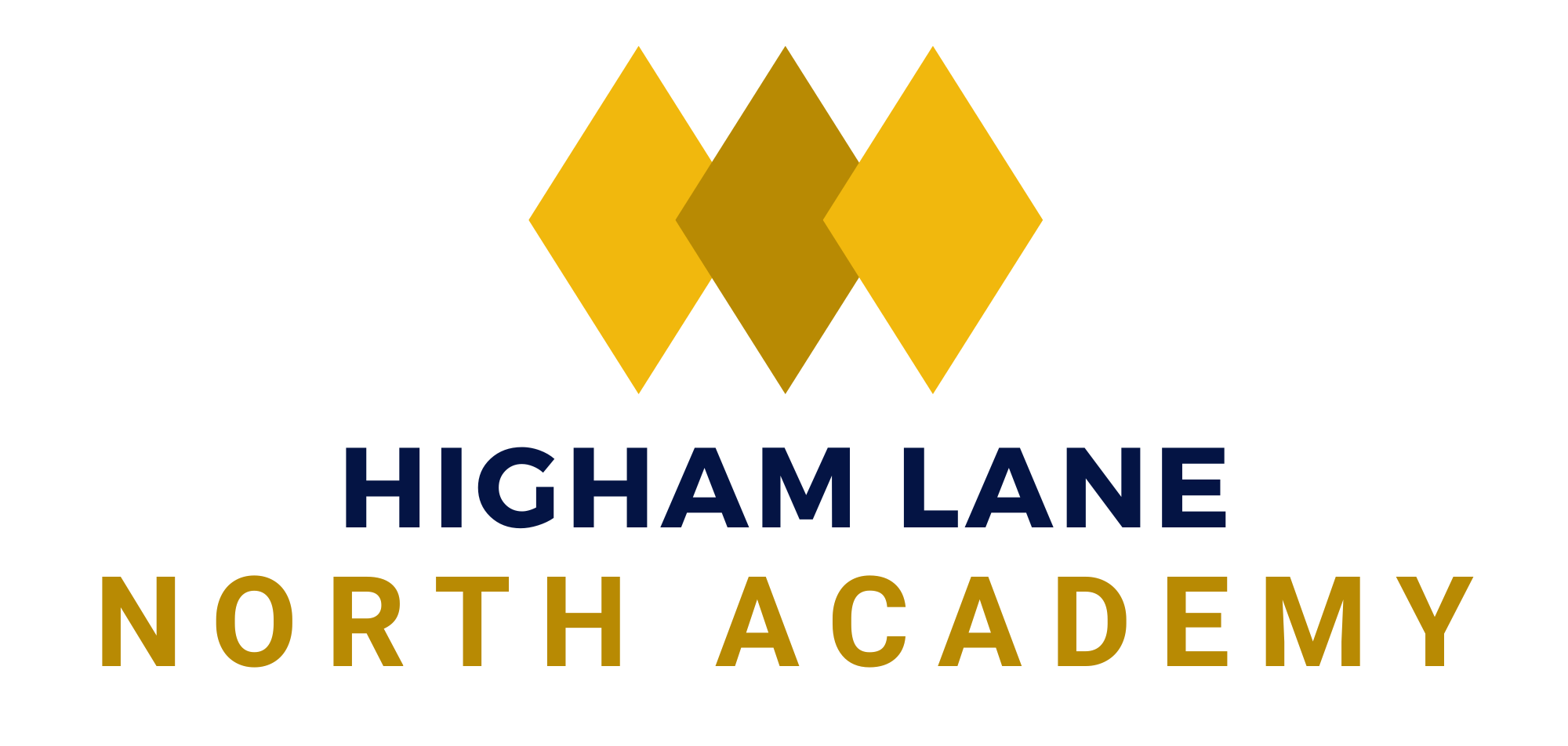Curriculum
The curriculum at HLNA is based on the National Curriculum, with a strong emphasis on the Ebacc suite of qualifications. At Key Stage Four it is anticipated that the curriculum will also feature vocational subjects which has demonstrated to be highly successful at the partner school, Higham Lane School (HLS) via excellent outcomes for its pupils, enabling their study at post-16 phase.
At the same time, our curriculum will offer the flexibility for personalisation in line with unique needs and abilities of each pupil. Our curriculum enables pupils to pursue qualifications tailored to their ability. A programme of Direct Instruction in KS3 English and/or maths will be followed by pupils with the lowest KS2 standardised scores who may require extra support with their literacy and/or numeracy (more details in 6.4). These pupils may study fewer subjects in Key Stage 4 in order to receive extra curriculum support or be entered for alternative qualifications, such as Entry level certificates in English and maths.
Our broad, balanced, and knowledge-based curriculum provides pupils with a plethora of subjects to choose from, all underpinned by a strong core of English, maths, science (including the opportunity to study the separate sciences), and Modern Ethics (leading to a GCSE in Religious Studies). The sole stipulation for selecting one of these options are that one must be a humanity (History or Geography) and one must be a modern foreign language (French). This restriction, however, will be lifted for a limited percentage of pupils with unique needs.
In a similar vein to other CEAT provisions, HLNA will vigorously encourage the arts, music, drama, sports, and D&T. Key Stage 3 and Key Stage 4 pupils will receive 4 hours of PE every two weeks, and sport will be a major component of our enrichment offerings.
In accordance with our aim to address the local and regional skills gap, our curriculum introduces a design engineering course in Key Stage 4, which will be delivered in collaboration with a number of employers who will also provide pupils with direct pathways to apprenticeships. Key Stage 3 D&T will include a variety of projects that will improve the competencies required for this course in Key Stage 4 and, thereby, will support recruitment on to it.
The following table demonstrates the education plan at HLNA.
|
Subject/activity |
Hours per week |
Compulsory/ voluntary |
Comments |
|
Key Stage 3 |
|
|
|
|
English |
3.5 |
Compulsory |
|
|
Maths |
3.5 |
Compulsory |
|
|
Science |
3 |
Compulsory |
|
|
Computer Science |
1 |
Compulsory |
|
|
PSHE/ Citizenship |
1 |
Compulsory |
|
|
PE |
2 |
Compulsory |
|
|
D&T |
1.5 |
Compulsory |
|
|
History |
2 |
Compulsory |
|
|
Geography |
2 |
Compulsory |
|
|
Modern Foreign Language |
2 |
Compulsory |
Pupils will study French in Key Stage 3. |
|
Art |
1.5 |
Compulsory |
|
|
Music |
1 |
Compulsory |
|
|
Modern Ethics |
1 |
Compulsory |
|
|
Key Stage 4 |
|
|
|
|
English |
4.5 |
Compulsory |
|
|
Maths |
4.5 |
Compulsory |
|
|
Science |
4.5 |
Compulsory |
|
|
PSHE/Citizenship |
0.5 |
Compulsory |
C&PSHEE in Key Stage 4 can take place in either Week A or Week B e.g. Year 9 could have C&PSHEE on Week A whilst Year 10 have it Week B |
|
PE |
2 |
Compulsory |
|
|
Modern Ethics |
1 |
Compulsory |
|
|
Option A |
2 |
Compulsory |
Key Stage 4 pupils will generally study 4 option subjects, two of which should be a language and a humanity |
|
Option B |
2 |
Compulsory |
|
|
Option C |
2 |
Compulsory |
|
|
Option D |
2 |
Compulsory |
|
|
Option subjects |
|
|
Subject to viability considerations |
|
Business/Business and Enterprise[1] |
2 |
|
|
|
Computer Science |
2 |
|
|
|
Drama |
2 |
|
|
|
Automotive Engineering |
2 |
|
|
|
Fine Art |
2 |
|
|
|
Food Preparation and Nutrition |
2 |
|
|
|
French |
2 |
|
|
|
Geography |
2 |
|
|
|
German |
2 |
|
|
|
Health and Social Care[1] |
2 |
|
|
|
History |
2 |
|
|
|
ICT (Creative iMedia)[1] |
2 |
|
|
|
Music |
2 |
|
|
|
PE/Sport[1] |
2 |
|
|
|
Photography |
2 |
|
|
|
Sociology |
2 |
|
|
[1] Vocational

